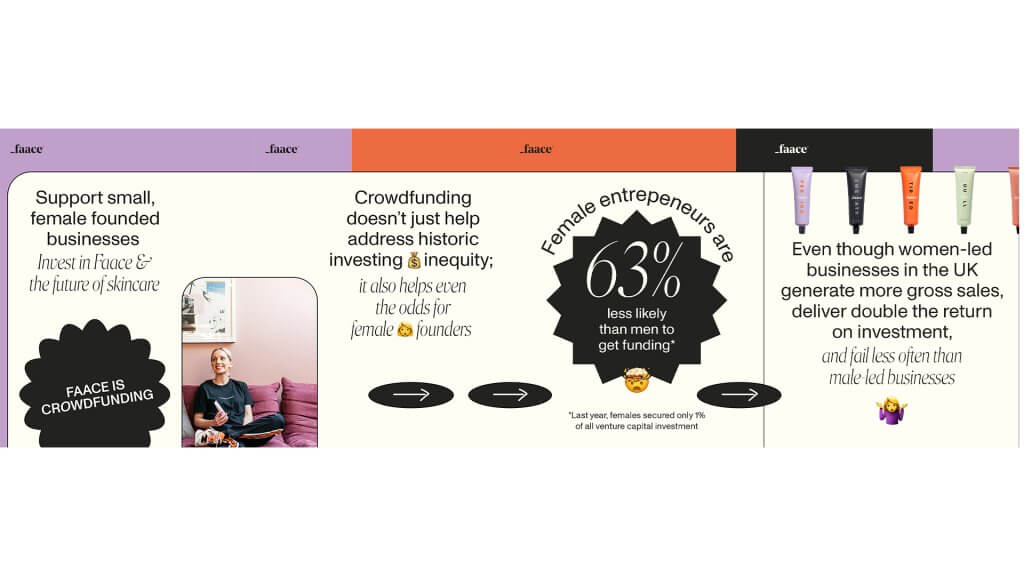
Taking The Right Approach To Due Diligence When Acquiring A Business: Key Steps To Success
By Georgia Jeffrey at Thomson Snell & Passmore
Buyers looking to purchase a business are familiar with the warnings of ‘buyer beware.’ Yet buyer’s remorse remains a common post-completion complaint, often as a result of issues that could have been dealt with during the early stages of a transaction.
Whilst not the most glamorous part of the process, due diligence is a key element of any acquisition. When expanded beyond a simple tick box exercise, due diligence can go a long way in determining the success of an acquisition.
How can buyers successfully approach the due diligence process in order to avoid the common pitfalls of an acquisition?
Define the scope
Whilst the overarching goal of due diligence is to gather a complete picture of the target, it is easy to get bogged down in the sheer volume of documents. The urgency of most transactions causes many to dive head first into investigating the documents without considering the boundaries of the scope. Due diligence should rarely be all-encompassing and should instead be an efficient process that is customised to the transaction.
There are several factors that should influence the buyer’s approach to due diligence.
Firstly, are there any industry specific questions to be raised? Due diligence on a manufacturing company will need to ensure compliance with environmental responsibilities, whilst a buyer of a company with significant intellectual property will be more concerned that those rights are adequately protected.
Secondly, are any assets a deal breaker for the buyer? If people are a key concern, then they will need an in-depth knowledge of the employee culture and employment terms. If commercial contracts are the focus, they will need to ensure there are no change of control clauses allowing a third party to back out on completion.
Finally, does the scope of the due diligence match the context of the transaction? Whilst due diligence should always cover the potential major areas of exposure, existing knowledge of the buyer can reduce the scope significantly. Buyers purchasing a target by way of management buy-out will not want thousands spent reviewing information they already know. Companies already under public scrutiny by virtue of their status as listed companies will have a greater amount of information publicly available than a limited company, also allowing a potential reduction in scope.
Adopt modern technology
One leader in the drive for greater efficiency is the use of electronic data rooms in the due diligence process. The cloud based file systems expedite the acquisition process by providing a secure online environment where large volumes of data can be shared securely.
Online data rooms provide easy file management, with documents split into different folders enabling clear cross referencing in the due diligence questionnaire. As the matter progresses, new versions of documents can be uploaded in seconds. Search functions allow the buyer to easily filter through the search results.
Compared to physical data rooms, electronic data rooms are far more accessible and, as a result, more cost efficient. This is particularly felt in cross border transactions where multiple parties across the globe can now access the information simultaneously.
Finally, those of us used to reviewing hard copy documents can keep our red pen, as most data rooms allow users to print the documents for offline review.
Manage the process effectively
The several elements of due diligence (most commonly commercial, legal and financial) means that the due diligence team comprises of the buyer’s own personnel, its legal and financial advisors and its accountants. With multiple users being able to access the documents at the same time, effective management of the process is essential.
Clear demarcation of leadership and responsibility alongside good communication flow helps to avoid duplication of work and due diligence blind spots.
Utilise the information
There is little point in undertaking the due diligence process if the report remains in an unread email in the buyer’s inbox. Instead, the due diligence findings can be an important bargaining tool in the negotiation stages of the transaction.
One option available to the buyer is to seek contractual protection, such as the inclusion of indemnities in the sale and purchase agreement. Alternatively he may wish to use the issue as a negotiating tool for a price adjustment. The information could also change the transaction structure from a share purchase to an asset purchase, allowing the buyer to leave certain liabilities behind.
Ultimately, the acquisition must be a sound commercial investment for the buyer. The due diligence process should be used to make an informed decision on whether to continue with the transaction. Whilst walking away from a deal is an extreme response, it may sometimes be the only suitable reaction in order to avoid good money being thrown after bad.
Should the transaction proceed, the importance of due diligence will continue long after the ink is dry on the agreement. The understanding gained at the due diligence stage will be crucial in ensuring successful integration of the target into the buyer’s existing activities. The buyer should use the information to put in place a plan for the long-term integration of the new business, taking into account any key differences and likely difficulties.




















